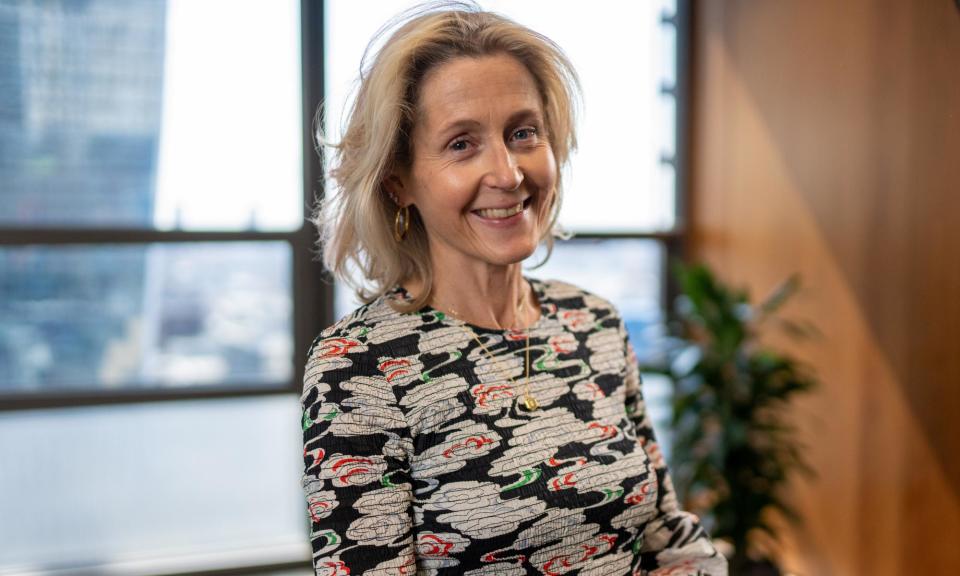Green economy must be next UK government’s No 1 priority – Lane Fox

Britain’s next government should make the transition to a green economy its No 1 priority to reboot economic growth and avoid falling behind rival nations, the head one of the country’s most powerful business groups has said.
Urging the Conservatives and Labour not to backtrack on environmental promises to score points in the general election campaign, Martha Lane Fox, the entrepreneur and British Chambers of Commerce president, said there was a danger of politicians creating a “significant brake on progress” by politicising climate goals.
“This is beyond your electability,” she said. “This is the fundamental plank to build a robust economy. [And] the climate is too important to denigrate in the list of political priorities.”
Speaking in an interview to mark a major report setting out business leaders’ priorities for the green transition, to be launched in Glasgow on Wednesday, Lane Fox said company bosses wanted clearer and more consistent policymaking from the government.
It comes after Rishi Sunak scaled back the government’s net zero policies last autumn, drawing fierce criticism from business leaders, while Keir Starmer is under pressure to ditch a promise to invest £28bn in green industry.
“There’s always going to be that level of political noise, especially in an election year. I personally wish it wasn’t thus, but I hope the serious politicians and serious policies are still clear for business,” Lane Fox said.
“None of us will have a business life, none of us will have an economy, if we don’t put the planet at the heart of how we think about the next decades. It’s a bit existential. And at a more capitalist level, if you like, I really do believe that the world’s first trillionaire will come from green-related business.”
In the first report produced by the BCC’s business council – launched last year after turmoil at the Confederation of British Industry – it called on the next government to implement a green industrial strategy to cement the UK’s status as a global leader in low-carbon enterprise.
It also suggested the creation of a permanent cross-government body that takes a strategic approach to delivering green skills and jobs growth in the UK, inspired by the success of the Covid vaccine taskforce.
The report from the BCC is the first in a series on five key challenges for the UK economy identified by its business council – which counts companies including BP, Drax, Heathrow and IHG Hotels & Resorts as members – alongside “digital revolution”, “people and work”, “global Britain” and the “high street”.
Lane Fox said a new body to coordinate the green transition could give business more confidence to invest in Britain, “making sure that stuff happens and that you can’t be subject to the vagaries of the political cycle” after Sunak used a speech last autumn to push back decarbonisation deadlines.
The prime minister drew widespread criticism from business after rolling back a 2030 deadline for the sale of new petrol and diesel cars by five years, while easing a ban on the sale of gas boilers from 2035.
Lane Fox said more certainty would help after a period of “chop and change” in government, with three prime ministers in as many years. “We have had relatively more stability in the past year which I think has been helpful, but there’s a long way to go. It’s going to be a very noisy political year,” she said.
Asked whether Labour should keep a promise to increase investment in green industries by £28bn a year by the end of the next parliament, Lane Fox said business leaders were looking for a “significant commitment” from government to support decarbonisation.
“Helping unlock and having as much significant investment into this agenda would be fundamental for the future resilience of our economy and our businesses. So I don’t know if £28bn is exactly the right number. I just hope that whatever the number, that the party continues to put the green transition at the heart of how it thinks about its policies,” she added.

 Yahoo Finance
Yahoo Finance 